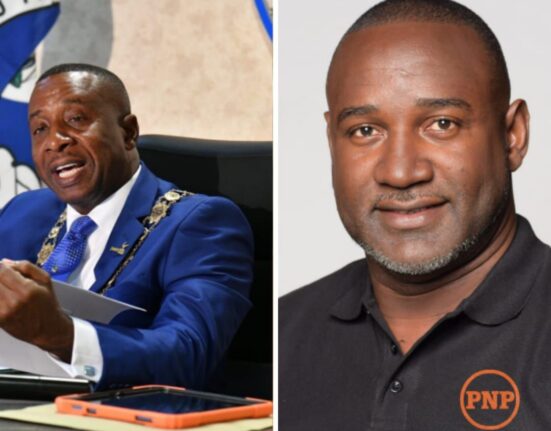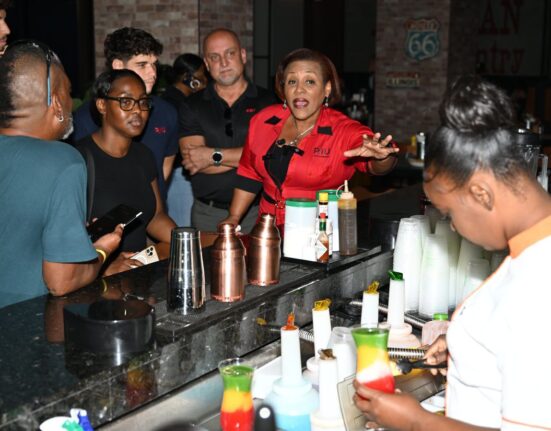
Prime Minister Andrew Holness says the Sixth Form Pathways Programme (SFPP) is a social tool that will help to address deviance among the youth.
Addressing a recent education townhall meeting at Jamaica College in St. Andrew, Mr. Holness said the initiative will ensure that students receive the full benefit of the education system, while acting as a deterrent against anti-social behaviours.
“There is an element of the society that should be in our education system but, unfortunately, they are not. We are completing that journey to ensure that our youngsters have seven years of secondary education,” he said.
The Ministry of Education and Youth implemented the SFPP as a seven-year high school programme. that allows students, who complete grade 11, to pursue an additional two years of study with alternative opportunities, alongside the traditional sixth-form curriculum.
Under the programme, students will be able to leave the secondary education system with one or more of the following: an Occupational Associate Degree, which offers workplace competencies while they are learning the disciplines; certificate or diploma (within an occupational discipline); an accredited Council of Community Colleges of Jamaica (CCCJ) or University Council of Jamaica (UCJ) associate degree; additional Caribbean Secondary Education Certificate (CSEC) and City and Guilds subjects, to include Mathematics and English; and National Vocation Qualification-Jamaica (NVQJ) and/or Caribbean Vocational Qualification (CVQ), levels two or three.
Holness maintained that students who remain in the education system achieve greater success in higher education and in other pursuits.
Conversely, he said unattached youth have a higher probability of getting into problems.
“You cannot deny the fundamental intelligence behind extending the school years from five to seven.
“We get more of our youth in school, and we keep them there for as long as we can. I would say to the Minister of Education and the technocrats at the Ministry let’s… find the resources to ensure that our children stay attached to an institution of socialisation, of learning and training for much longer,” he underscored.





